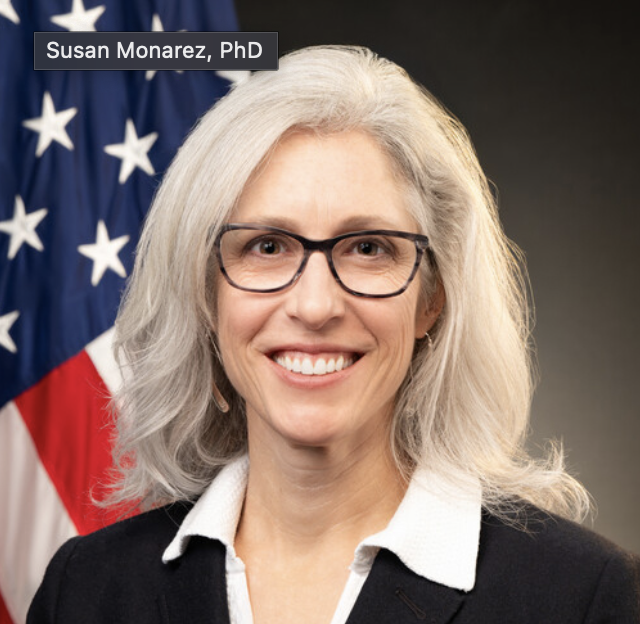In late December, the Department of Health and Human Services awarded $30 million in grants to 16 states to help meet the health insurance expenses of residents with preexisting conditions who are unable to obtain private health coverage and are enrolled in high-risk pools.
To be eligible for a grant under the Trade Adjustment Assistance Reform Act of 2002, a state must have a “qualified” high-risk pool that caps premiums at no more than 150 percent of the standard premium rate in that state. It must also agree to meet up to one-half the cost of running the pool. Grants are distributed based on the state’s number of uninsured residents.
Grants were presented to Alaska, Arkansas, Colorado, Connecticut, Illinois, Indiana, Iowa, Kansas, Kentucky, Minnesota, Mississippi, Montana, Nebraska, New Hampshire, North Dakota, and Oklahoma.
Maryland and South Dakota are taking steps to create high-risk pools.
State Versus Federal Regulation
Since early January, the leaders of some of the nation’s largest insurance companies have been lobbying members of Congress in support of a single federal regulator to assume responsibility for overseeing the industry. The idea is especially appealing to insurance companies that do business across the country and thus must comply with a variety of state mandates and requirements.
Under proposals circulating on Capitol Hill, multi-state companies would be chartered by the federal government rather than individual states. The companies could revert to state oversight if they found federal rules too restrictive. In exchange, those opting for federal regulation would surrender an antitrust law exemption permitting them to share claims information.
Smaller firms, or those doing business in a single state, would not be required to submit to a federal charter.
Some insurers argue there are inherent inefficiencies in state regulatory systems that place them and their consumers at a disadvantage. Federal regulation, they say, would allow insurers to more quickly and effectively respond to increasing competition from the banking and mutual fund communities, each of which has federal oversight.
Congress and federal agencies would not take action affecting the banking and mutual fund industries without considering the views of the Comptroller of the Currency, the Federal Reserve, or the Securities and Exchange Commission. The insurance industry has no similar entity to explain its position on policies under consideration. “We have no one sitting at the table,” one executive said.
The National Association of Insurance Commissioners (NAIC) opposes increasing the federal government’s regulatory role. Mike Pickens, insurance commissioner for the state of Arkansas and NAIC president, told a congressional hearing in November that any role for Washington would “add additional layers of harmful uncertainty, confusion, and cost for policyholders and claimants.”
Iowa Insurance Commissioner Therese Vaughan said, “There is no reason to think that a one-size-fits-all approach from Washington is going to be appropriate.”
A report released in September 2003 by the General Accounting Office, the investigating arm of Congress, concluded states were more concerned with the financial stability of companies doing business within their borders than they were with whether customers were being treated fairly.
Rep. Richard Baker (R-Louisiana), the third ranking Republican on the House Financial Services Committee and chairman of its subcommittee on capital markets, insurance, and government-sponsored enterprises, told last fall’s congressional hearing that the states were not doing enough to improve regulation of the insurance industry.
“Perhaps we need to have a clock that says when time is up, Congress will have no choice but to step in and do something,” Baker said. “Some say a solution like an optional federal charter is unacceptable. I say that no reform is likewise unacceptable.”
Tom Bruderle is vice president of congressional affairs for the National Association of Health Underwriters (NAHU). His email address is [email protected].



